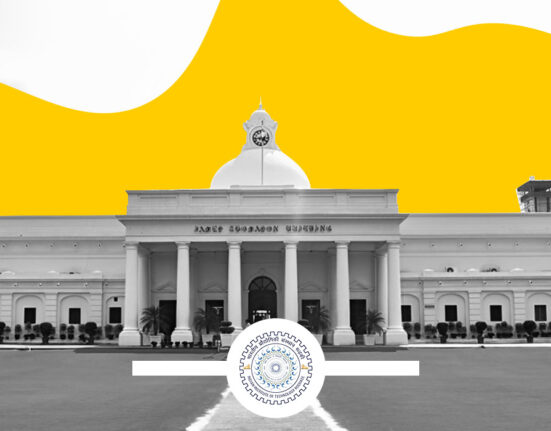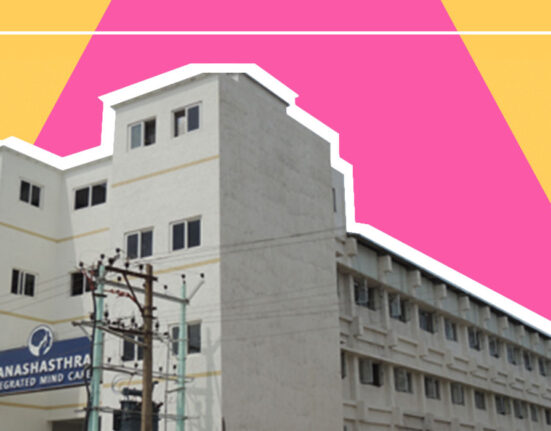Throughout history and up to date, women have paid the price for their existence. Historically seen as inferior to men with almost no rights, today’s scenario has changed the situation for women, but still favours men in every aspect. The concept of ‘superwoman’ or ‘balancing women’ has made it difficult for women to lead a satisfactory and tension-free life.
If women are doing jobs, they are also expected to run the household, no matter how tired and stressed they are. This physical and emotional burden on them has negative consequences on their mental health, specifically by placing them at risk of developing Alzheimer’s. One form of dementia that impacts thinking, behaviour, and memory is Alzheimer’s disease. Eventually, the symptoms become severe enough to disrupt everyday activities.
It is supported by the study conducted by Guo et al (2024), which stated that stress-related exhaustion in midlife was associated with a higher risk for the development of dementia before age 75. Women with stress-related exhaustion in midlife had more cognitive impairments 24 years later than women without stress, and their mean age of dementia onset was younger than that of women without stress. Consequently, midlife work-related stress increases the risk of MCI, dementia, and Alzheimer’s disease in later life.
Read More: Obstetric Violence: An Undocumented and Unreported Epidemic
Another study by Johansson et al (2016) investigated how psychological stress in midlife may impact brain health later in life. 81 women participated in a long-term study. These women, who were born between 1908 and 1922, were surveyed for the first time in 1968 when they were 49 years old on average. They then had spinal fluid tests in 1993–94 when they were 74 years old on average.
According to the findings, 25% of the participants said they experienced stress frequently in their middle years. Amyloid-beta 40 (Aβ40) and total tau protein (t-tau), two biological indicators of Alzheimer’s disease, were found to be substantially elevated in the cerebrospinal fluid of these women. Specifically, among women experiencing midlife stress, the risk for elevated t-tau was more than doubled (OR 2.31), and the risk for elevated Aβ40 was nearly doubled (OR 1.79).
However, there was no discernible correlation between stress and other Alzheimer’s biomarkers like phosphorylated tau (p-tau) or amyloid-beta 42 (Aβ42). These results imply that long-term alterations linked to a higher risk of Alzheimer’s disease later in life may be left behind by the biological processes in the brain brought on by prolonged midlife stress.
In summary, despite women having more rights, choice and opportunities, society’s treatment of women has changed in a way so that the heavy burden of expectations weighs on women’s physical and emotional health in similar, but ultimately different, ways. The notion of ‘superwoman’, had women now going to work, and supposedly managing homemaker/household work with the same level of emotional labour invested, is not only a burden that is very unrealistic, it is real AND unreal as it creates these crazy pressures on a woman and often leaves women with chronic stress and burnt out from work and the dual roles placed on them especially during midlife, one which we are perhaps only beginning to understand as critical in terms of long term mental health.
Research studies such as Guo et al. (2024) and Johansson et al. (2016) show us enough evidence of connections between chronic stress and exhaustion in midlife, which is not only statistically linked not only through cognitive decline turning up earlier, and at midlife, but also with biology changes to the brain that are indicative of greater Alzheimer’s disease risks for these women. This is a simply but critical message for us to address the distribution of labour in a gendered way, and to find ways to lessen chronic stress for women, and promote mental health support and stress coping resources, especially in midlife, in an effort to lessen the risk of dementia and quality of life for women as they age.













Leave feedback about this